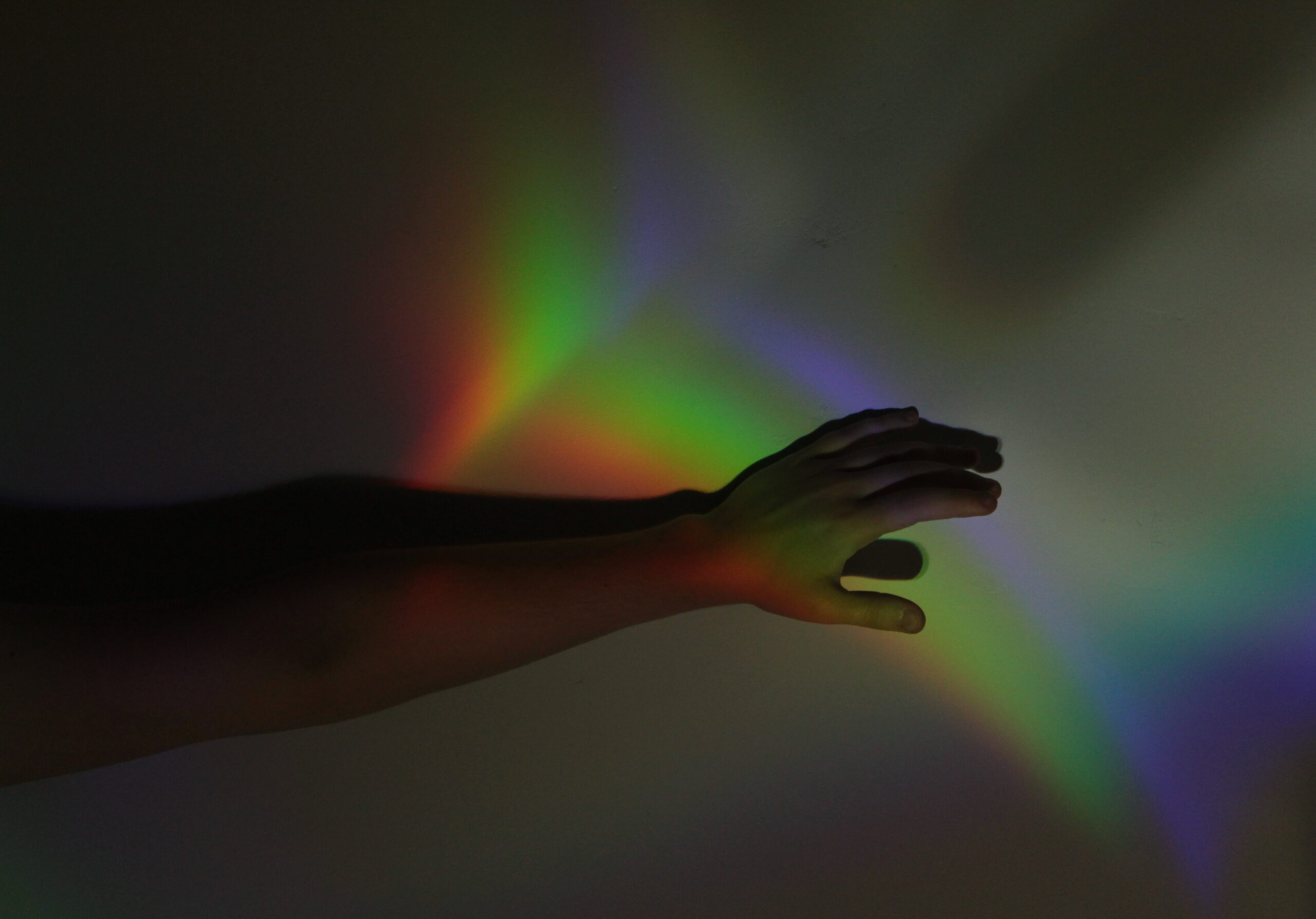The issue of human rights in Russia has been on the agenda for a really long time. Since Vladimir Putin came to power, there has been a substantial and subsequent crackdown on individual rights. The crackdowns were further exacerbated by the Covid-19 pandemic, which also showed the deplorable state of Russian healthcare services. In order to quiet any political opposition towards the current regime, the legislation on ”foreign agents” and ”undesirable organizations” was used frequently. Threats and attacks against journalists, human rights defenders, other activists, and Jehova’s Witnesses were also reported and intensified during 2021. At the same time, enforced disappearances were reported in Chechnya, the Russian authorities failed to address the issue of domestic violence, LGBT people face discrimination and arbitrary deportations of refugees and asylum seekers still continue to take place. Addressing the issue of human rights violations in Russia in detail is therefore a difficult and tedious task. However, another step has been taken by the Russian regime recently to further expand the previous ”anti-propaganda law”, specifically targeting the already oppressed LGBT community in the country.
The ”Gay Propaganda” Law
The Russian State Duma unanimously supported a new draft of legislation on November 24th. This is just an extension of the ”Gay Propaganda” law. The draft contains a prohibition on sharing positive or even neutral information about lesbian, gay, bisexual, and transgender people, along with publicly displaying non-heterosexual orientations, with huge fines for those who will not comply. The new law is still pending approval by the parliament’s upper chamber and president Vladimir Putin. The original ”Gay Propaganda” bill was adopted by the Russian government already back in 2013 as a way to promote ”traditional” family values in the country. The law from 2013 prohibits people from depicting homosexuality, same-sex relationships, and ”non-traditional sexual relations” to minors. The new draft of this existing bill is therefore seen as just an extension to this particular law which is already in place in Russia. A new ”gay propaganda” law would extend the before-mentioned restrictions to all ages instead of just minors. The punishment for breaking the law will include a fine of up to 400,000 rubles (6,600 dollars) while companies could have to pay up to 5 million rubles (82,100 dollars). Foreigners and stateless people will be at risk of imprisonment or will simply become expelled from Russia if they do not comply with the new law. The bill’s explanatory note expressively explains the way in which the Kremlin views ”non-traditional” sexualities and relationships:
On December 5th, 2022 President Vladimir Putin signed the expanded ”gay propaganda” bill into law, effectively making illegal any public expression of LGBT behaviour or lifestyle in Russia.
The LGBT Community and the Fight for ”Traditional Values”
The protection of traditional values is a common way of framing anti-LGBT legislation. Russian lawmakers claim that they are only defending the traditional values of the ”Russian world” against a liberal West that in their opinion is trying to destroy Russia. This is an argument increasingly used by state officials to justify Russia’s military aggression in Ukraine. Using the LGBT community in their fight against Western powers is also not a new phenomenon in Russian politics. In 2013 at the annual meeting of the Valdai Discussion Club, Putin pointed out that many Euro-Atlantic countries are rejecting their roots and also their Christian values which constitute the basis of Western civilization. He also stated that countries deny moral principles and all traditional identities such as national, cultural, religious and even sexual ones. President Putin then proceeded by claiming that Euro-Atlantic countries implement policies that equate large families with same-sex partnerships, they are also equating the belief in God with the belief in Satan. The head of Russia’s Orthodox Church, Patriarch Kirill, has after the invasion of Ukraine likened marriage equality to Nazism, claiming that “so called homosexual marriages” are a threat to family values. He also added that “when laws are detached from morality they cease being laws people can accept”. Similar language was used by President Putin on February 25th, 2022 (the day after the invasion) with regard to the Ukrainian leadership which he referred to as a “gang of drug addicts” and “Neo-Nazis”.
This kind of speech shows the view that Russian authorities are trying to create by making it look like they are the ones taking on the fight of the ”non-christian” West. By framing LGBT people as a morally degraded sexual minority promoted by Western states it becomes easier for the Russian regime to create a particular group of people to discriminate.
LGBT Rights Across Eastern Europe
The phenomenon of trampling on human rights by implementing discriminatory laws against the LGBT community is however not solely reduced to a Russian context. Autocrats and populists not only aim to reduce checks and balances in democratic systems, but they also seek to silence critical voices who speak out against the regime. The particular wave of anti-LGBT legislation has also been seen in other countries in Eastern Europe. On June 2021 Hungary passed a law banning gay people from featuring from school educational materials or TV shows for young people under the age of 18. Victor Orbán’s regime outlawed promoting homosexuality or gender change among minors. This law oddly resembles the Russian gay propaganda bill from 2013 and further shows how autocrats can copy each other when it comes to attempts to limit human rights. Similar attempts to limit the rights of LGBT people include Poland and Hungary. In Poland in February 2022 legislation was passed in Parliament that would provide ”educational welfare officers” the authority to decide which extracurricular or educational activities can occur in schools, including the establishment of a complex bureaucracy with regard to approving or refusing these forms of activities. The law was vetoed in March 2022 but an earlier bill set to criminalize sex educators remains and it can be reintroduced in the future.
The European Commission, on 15th of July 2021, launched infringement procedures against Hungary and Poland, related to the equality and protection of human rights. The EC stated clearly that equality and respect for dignity and human rights are core values, enshrined in Article 2 of the Treaty of the European Union. It also expressed the will to use all instruments possible in order to defend these values. Ursula von der Leyen wrote on Twitter 7th of July 2021 that: “Europe will never allow parts of our society to be stigmatised. When we stand up for parts of our society, we stand up for the freedom of our society as a whole”.
But similar measures to restrict LGBT rights were also taken in Romania. In 2020 the country considered legalizing the prohibition of educational materials that discuss homosexuality and gender transition. Romanian lawmakers were repeating this attempt in June 2021, when the Romanian Senate passed the bill to restrict educational materials regarding sex and gender, with a specific focus on children in schools. This shows that tendencies to restrict LGBT rights often begin with restrictions with regard to any form of sex education in school or any other platform directed towards minors. This can set the ground for a later introduction of even more restrictive laws, as is the case with Russia now.
Outcomes and Implications
Russian authorities have already used the previous law from 2013 to stop gay pride marches and detain gay rights activists. Rights groups say the new law signed by Putin aims to ban any ”non-traditional lifestyles” from public life. Any websites and other online resources displaying information about lesbian, gay, bisexual, and transgender people (LGBT) can be blocked. There are also no exclusions made on this for art, scientific studies or education. There is also false and damaging messaging which tries to link LGBT people with pedophiles, repeatedly referring to ”propaganda of nontraditional sexual relations and (or) preferences, pedophilia, and sex change”. The consequences reach further than this, with same-sex couples beginning to fear that their children might be taken from them, on the grounds that the children are exposed to ”gay propaganda”. The new law can also impact legal recognition for trans people, banning people from changing their gender on their birth certificates. This can further marginalize a particularly vulnerable group and create opportunities for further discrimination.
The more broad implications include the framing of President Putin that Russia is fighting a civilizational struggle against the West. In this narrative, the West is trying to export corrosive values to Russia. The crackdown against the LGBT community in the country is a response to the war in Ukraine, in which Russia claims to be fighting not just Ukraine but all of the NATO (The North-Atlantic Treaty Organisation) allies, a Western alliance posing a large threat to Russia. The critics of the Russian regime see this kind of law as a way to divert attention away from the Russian setbacks in Ukraine and also the unpopular draft of thousands of soldiers.
By framing the issue as a threat to Russian society in both demographic and economic terms the regime in the Kremlin seeks to focus the attention of the population on blaming the LGBT community. The Russian demographics in relation to the recent mobilization draft were covered in one of my previous articles, highlighting that a demographic decline is more linked to an economic crisis back in the 1990s rather than other factors. By blaming these problems on the LGBT community the regime also takes the opportunity to create and deepen the already existing divide between Russia and the West. The war in Ukraine therefore also plays a crucial role in the Russian propaganda machine in the construction of an enemy within the own state, one which poses a threat to ”traditional values” that the Russian regime claims to defend.

Magdalena Kamont
Master student of the "International Administration and Global Governance" programme at the University of Gothenburg. Currently writing her master thesis on democratic decline in Poland. Former intern at Sida.





